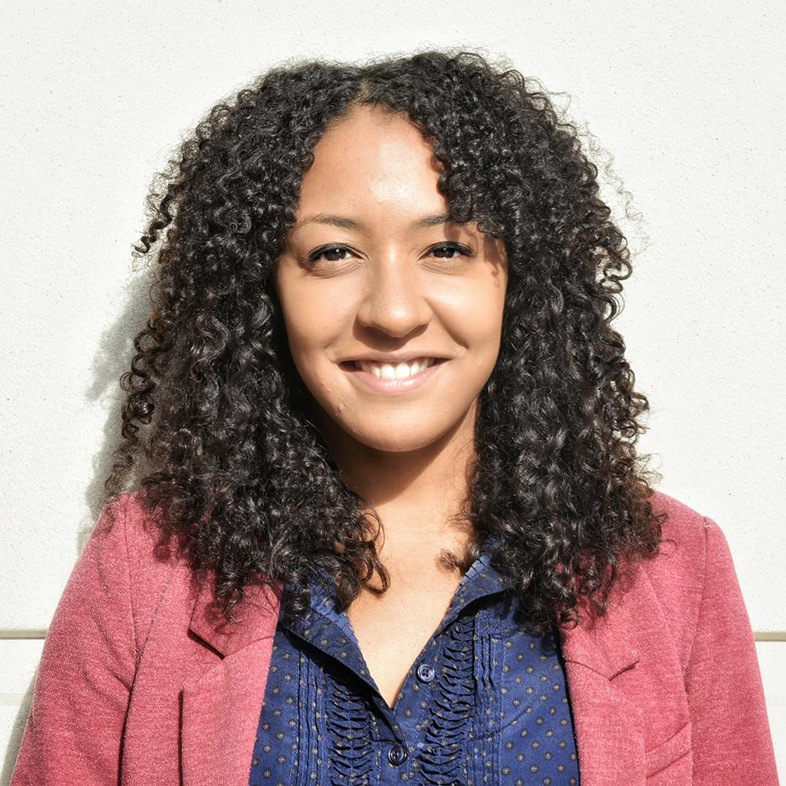Courts Presumption of Innocence Young Adults November 19, 2019
Innovative strategies that cross city, county, and state lines are necessary to achieve jail reduction outcomes and to address the overrepresentation of young adults in the justice system.
In efforts to develop such strategies, the National Association of Counties (NACo), the National League of Cities (NLC) and the National Conference for State Legislatures (NCSL) convened five teams of city, county, and state representatives through the Intergovernmental Policy Academy (IGA). Over the course of a year (2018-2019), the five IGA teams focused on aligning policy and learning from peers and subject matter experts within the SJC network. This learning exchange focused on justice interventions and policies to specifically address the needs of young adults represented in the justice system.
The teams also received technical assistance on creating action and sustainability plans to complete their goals. Through this extensive collaboration, the teams (listed below) came away with significant commitments to reducing the number of young adults in their justice systems.
- Albuquerque-Bernalillo County, New Mexico
- Bellingham-Whatcom County, Washington
- Indianapolis-Marion County, Indiana
- Kalamazoo-Kalamazoo County, Michigan
- Overland Park-Johnson County, Kansas
The IGA teams leveraged the latest brain development research when making decisions on potential strategies and interventions to meet the needs of justice-involved young adults. Subject matter experts within the Challenge Network presented research supporting the need to treat this population with new and innovative responses to their behavior.
While this research outlined young adult propensity for high-risk behavior, it also reiterated the idea that growth, change, and resilience are more likely in this young adult phase, providing hope that new interventions would cause lasting change. This information, along with extensive data collection by the IGA teams, allowed each team to tailor their reform approaches to the specific needs of their area and its young adults.
While outcomes and takeaways from the initiative are varied, each of the five teams is moving toward lower reliance on their local jails and improved systems for young adults. Among the key outcomes are:
- A behavioral health diversion program for Indiana;
- Movement toward a text reminder system for court dates to reduce failures to appear in Kansas;
- The reconvening of the Criminal Justice Coordinating Council (CJCC) and changes to state data-sharing legislation for Michigan;
- Increased housing and case management services for at-risk young adults in New Mexico; and
- A mobile response team and crisis stabilization facility in Washington.
While beneficial to all justice-involved people in these communities, the strategies developed will specifically impact young adults. Prior to the IGA, the team from New Mexico admittedly had not thought about the specific needs of young adults. “The policy academy was very helpful to all of our participants in recognizing the particular needs of [young adults]. That wasn’t on our radar before these convenings, but now is incorporated into all our criminal justice, public safety and behavioral health initiatives,” said Commissioner Maggie Hart-Stebbins of Bernalillo County, N.M.
Although the model was a first of its kind for the Safety and Justice Challenge, the IGA proved to be successful in creating a forum for city, county, and state officials to collaborate and find effective solutions for young adults in their communities, an emerging policy area.
“We are so grateful for the chance to not only have mingled with the experts brought to the forum, but also the dedicated time we were able to spend with each other that helped to form trusting working relationships that have been instrumental in making local changes,” said Anne Deacon, Human Services Manager for Whatcom County, Wash. Teams also shared how valuable it was receiving guidance from partners, strategic allies, and their peers from Challenge sites who face similar barriers and challenges for addressing the needs of justice-involved young adults.
Leveraging the expertise of the Challenge Network, the work of the IGA is a launching pad for innovative justice and young adult-specific work by cities, counties, and states. NLC will continue to work across jurisdictional lines in the upcoming Young Adult Justice Community of Practice, while NACo will work with counties to address diversion of justice-involved people with mental illness through its County Justice Peer Learning Network. NCSL plans to continue the work with its legislative members and SJC strategic allies to address the overincarceration of young adults in the criminal justice system.
You can see a visual outline of each team and their concerted efforts here. And below are links to related resources.


